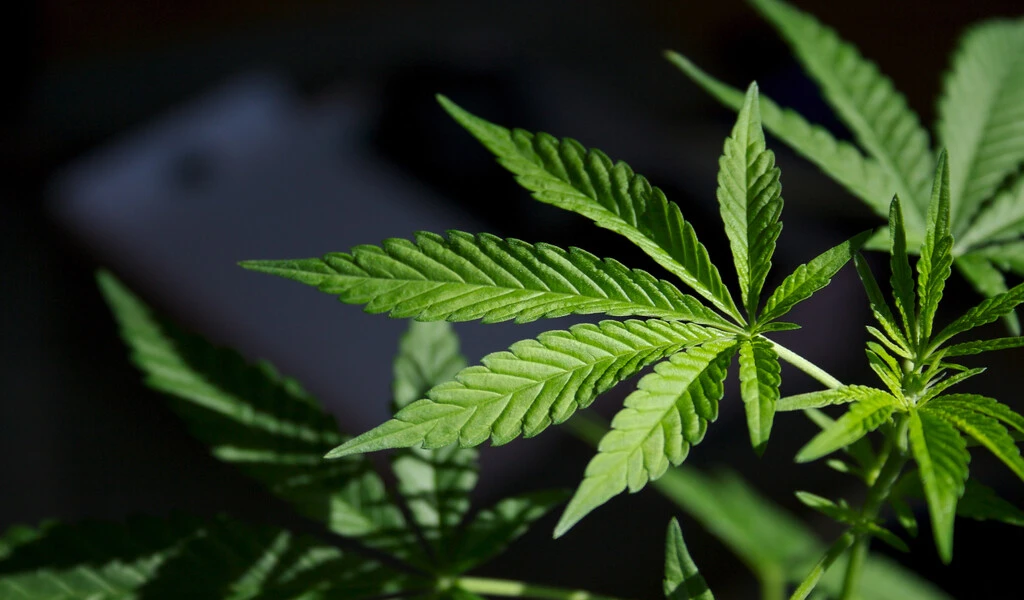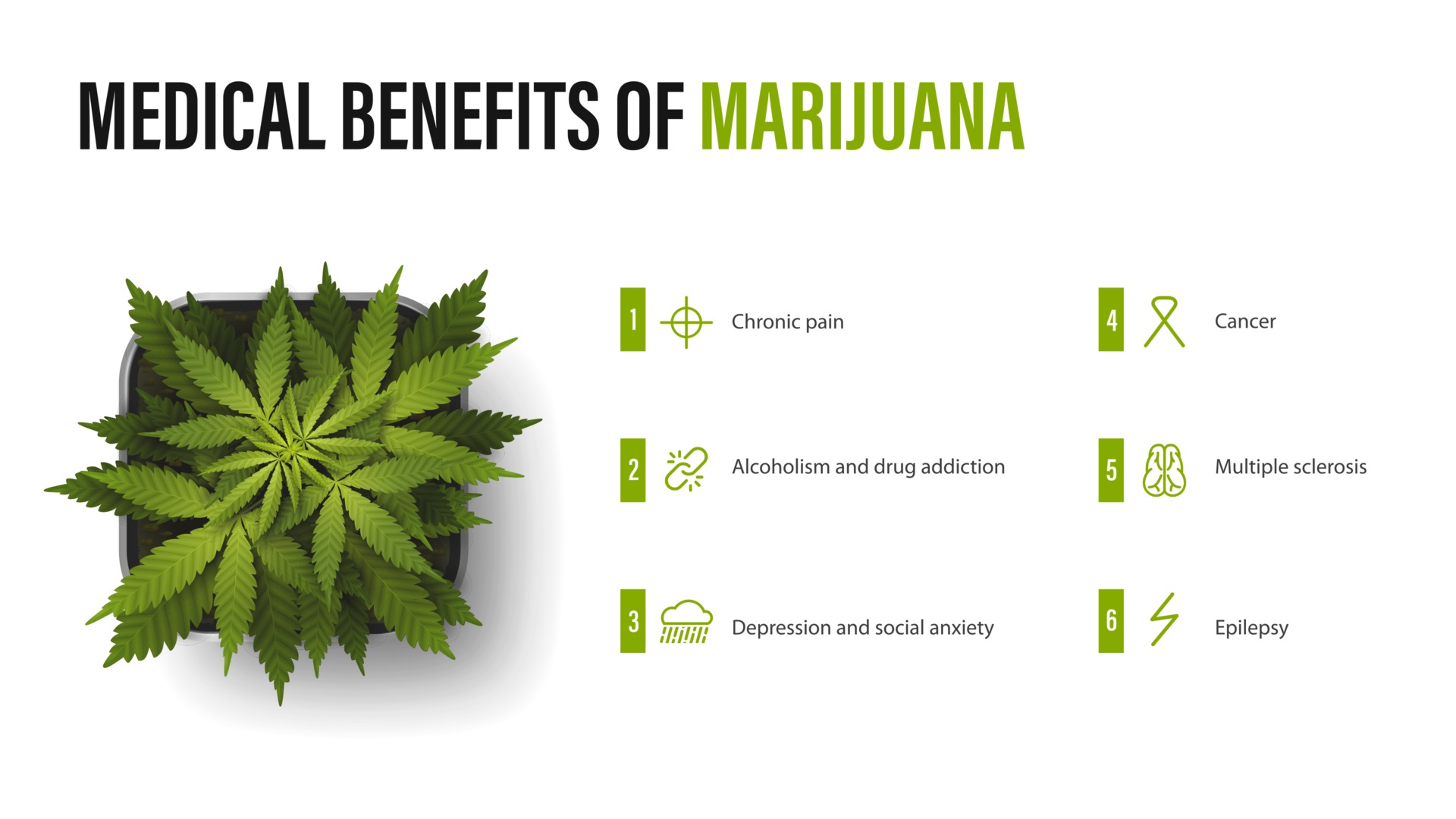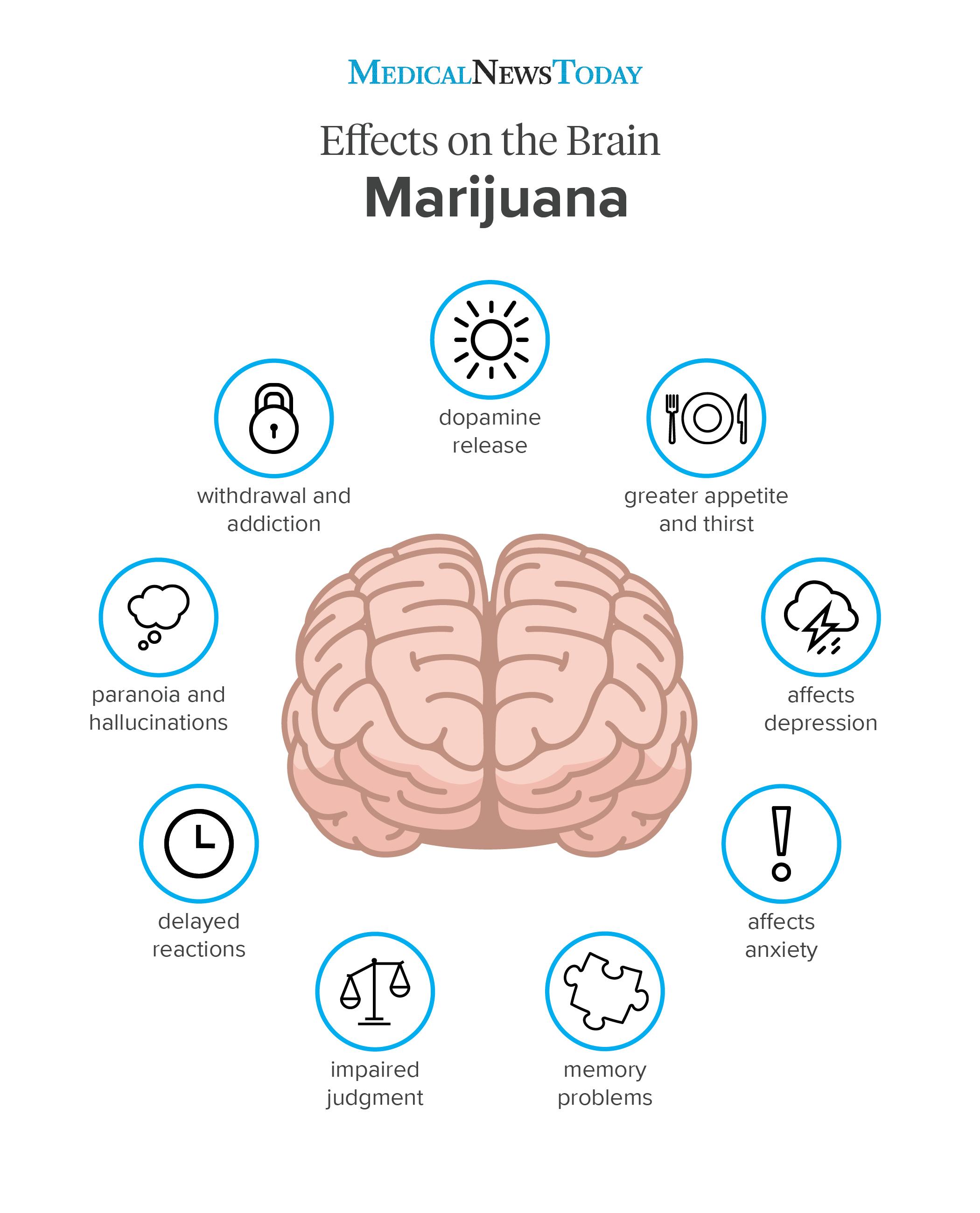Health
Medical Marijuana: Benefits, Side Effects, And Legalization

Medical Marijuana – Cannabis, also known as marijuana, has been used for medicinal purposes for thousands of years. Medical marijuana refers to the use of the marijuana plant and its components, such as THC and CBD, for medicinal purposes.
In recent years, medical marijuana has become a controversial topic, with debates over its benefits, side effects, and legalization. In this article, we will explore the topic of medical marijuana in depth, including its benefits, side effects, and legal status.
What is Medical Marijuana?
Medical marijuana refers to using the marijuana plant and its components, such as THC and CBD, for medicinal purposes. Marijuana contains over 100 cannabinoids, chemicals that have a wide range of effects on the body.
THC, or delta-9-tetrahydrocannabinol, is the primary psychoactive component of marijuana, which is responsible for the “high” that users experience. CBD, or cannabidiol, is another important cannabinoid in marijuana that has been shown to have therapeutic effects and elevate holistics.
Benefits of Medical Marijuana
Medical marijuana has been shown to have a wide range of benefits for a variety of medical conditions. Here are some of the most common conditions that medical marijuana is used to treat:
Chronic Pain
Medical marijuana is effective in treating chronic pain, which is one of the most common reasons why people use medical marijuana.
THC and CBD have both been shown to have pain-relieving properties, and they work by interacting with the body’s endocannabinoid system, which regulates pain.
Anxiety and Depression
Medical marijuana has also been effective in treating anxiety and depression. THC has been shown to have mood-elevating properties, while CBD has been shown to have anti-anxiety and anti-depressant properties.
Nausea and Vomiting
Medical marijuana also treats nausea and vomiting, particularly in cancer patients undergoing chemotherapy. THC has been shown to have anti-nausea and anti-vomiting properties.
Epilepsy
Medical marijuana is effective in reducing seizures in patients with epilepsy.
CBD, in particular, is effective in treating epilepsy, and there is even a medication that the FDA has approved for treating seizures associated with two types of epilepsy.
Multiple Sclerosis
Medical marijuana is also used to treat the symptoms of multiple scleroses, such as muscle spasticity and pain. THC and CBD have both been shown to have beneficial effects on the symptoms of multiple sclerosis.
Side Effects of Medical Marijuana
While medical marijuana has many potential benefits, it is also important to be aware of the potential side effects. The following are some of the most common side effects of medical marijuana:
Dry Mouth
One of the most common side effects of medical marijuana is dry mouth. THC has been shown to reduce the production of saliva, which can result in a dry mouth.
Dizziness
Medical marijuana can also cause dizziness in some users, particularly when consumed in large doses.
Impaired Memory and Concentration
Medical marijuana can impair memory and concentration, particularly in users who consume high doses of THC.
Increased Heart Rate
Medical marijuana can also cause an increase in heart rate, which can be problematic for users with pre-existing heart conditions.
Psychiatric Symptoms
Finally, medical marijuana can also cause psychiatric symptoms in some users, particularly those with a history of mental illness. THC, in particular, can cause paranoia and anxiety in some users.
Legal Status of Medical Marijuana
The legal status of medical marijuana varies from state to state in the United States. As of 2023, medical marijuana is legal in 38 states and the District of Columbia.
The legalization of medical marijuana has been a topic of debate for many years, with arguments on both sides of the issue.
Supporters of medical marijuana argue that it can provide relief for a variety of medical conditions and can improve the quality of life for patients.
They also argue that it is a safer alternative to prescription drugs, which can have serious side effects and can be addictive. Opponents of medical marijuana argue that it can be abused and can lead to addiction, particularly in younger users.
They also argue that it can negatively affect mental health and impair judgment and cognitive function. Despite the controversy surrounding medical marijuana, a growing body of research supports its use for various medical conditions.
In addition, many patients have reported significant improvements in their symptoms after using medical marijuana.
Cobclusion
In conclusion, medical marijuana is a complex issue involving scientific and legal considerations.
While it has the potential to provide relief for a variety of medical conditions, it is also important to be aware of the potential side effects and to use it responsibly.
As the legal landscape around medical marijuana continues to evolve, it is important to stay informed and to make informed decisions about its use.
RELATED CTN NEWS:

































